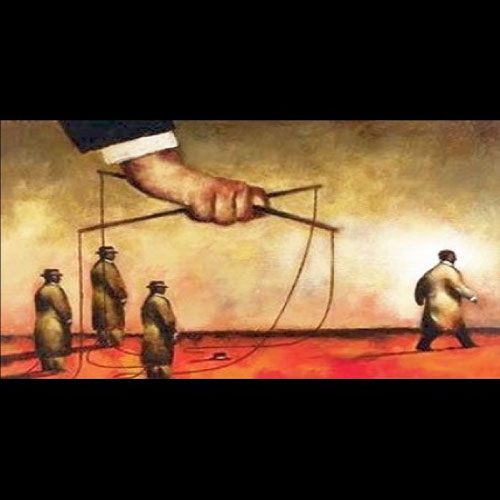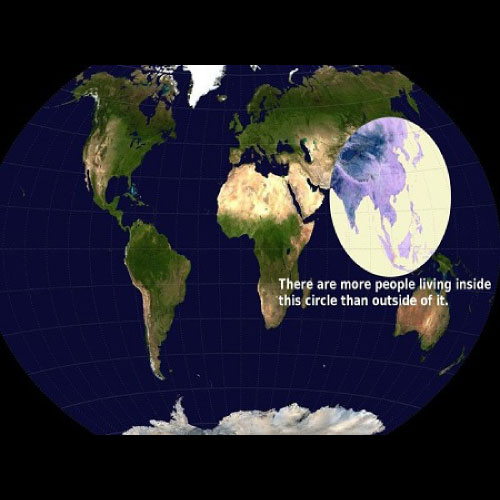Last year the New York Times printed a scathing assessment of the influence wielded by donors over the country’s top think tanks. How can these organisations claim political or ideological independence, the authors argued, when they accept such huge sums of money from private, corporate and political interests and employ researchers who simultaneously work as lobbyists, consultants and members of corporate boards?
The Google-funded New America Foundation last year severed ties with Open Markets, an anti-monopoly think tank within the group, after its director criticised Google for its market power and celebrated Google's antitrust loss in Europe. This Wired article from Sep 2017 describes how Google's soft power influences not only policy but also the dynamics, direction and ultimate research produced by think tanks.
During the Brexit referendum, UK think tanks conducting ‘independent’ research on the impending vote were found to be anything but independent. From funding sources to governing bodies, many were proven to have uncomfortably close ties to one side of the campaign or the other.
These are not obscure exceptions. Over the years think tanks funded by vested interests have published ‘research’ and reports questioning or denying the health risks of sugar, alcohol and tobacco, and indeed the existence of a human factor in climate change.
While younger in absolute terms than their Western counterparts, Asian think tanks face many of the same challenges in securing funding. Particularly in China and Southeast Asia many think tanks maintain a close relationship with the government, serving a different role than those in the West, but also posing challenges to their intellectual independence.
The Lauder Institute at University of Pennsylvania published a report on the Top Think Tanks in Asia in 2016.
The prevailing funding model for think tanks confers limitations on the rigour, impartiality and ultimate value to society of their work. So, when Chandran Nair founded the Global Institute For Tomorrow (GIFT) in 2004 he made the very deliberate decision to incorporate as a company instead of a non-profit.






























